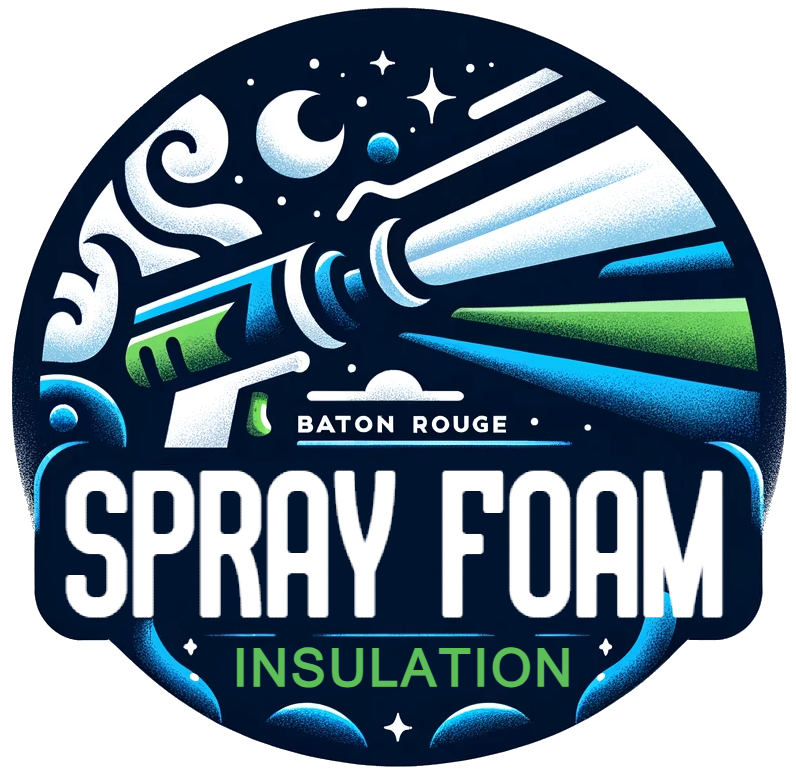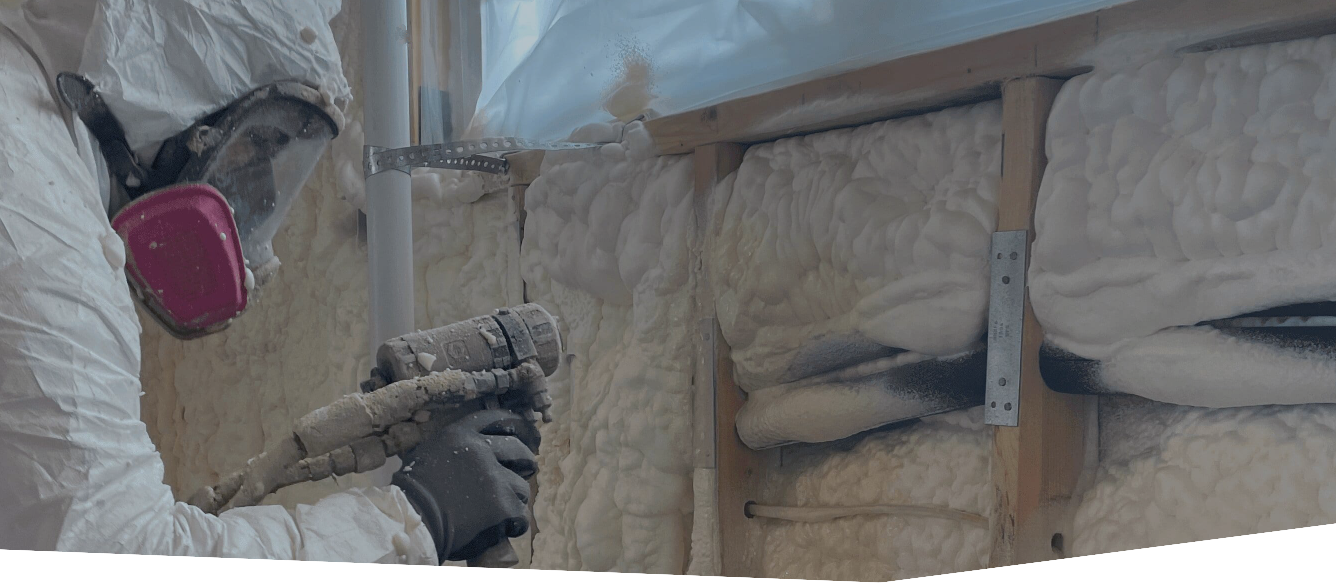Baton Rouge Spray Foam Insulation: Open-Cell vs. Closed-Cell for Your Home
In Baton Rouge – a city intimately acquainted with both hot summers and cool winters – choosing the right type of spray insulation for your home or business is paramount to maintain comfort and energy efficiency.
As spray foam insulation experts, we understand that homeowners looking to improve their home’s energy efficiency often find themselves navigating the complex world of insulation choices. Particularly, when it comes to spray foam insulation, the decision between open-cell and closed-cell foams can be perplexing.
Let’s break down these options to help you make an informed choice for your home.
Spray Foam Types
Open-Cell Foam
Ideal for: Interior Wall Insulation, Soundproofing
Open-cell foam is characterized by its softer, more flexible nature. It’s an excellent choice for interior wall insulation and soundproofing due to its ability to absorb sound. Here’s why you might consider it:
Energy Efficiency: While it has a lower R-value (around R-3.5 to R-4 per inch) compared to closed-cell foam, open-cell foam is effective in insulating standard wall cavities.
Cost-Effective: It’s generally less expensive, making it a budget-friendly option for large-scale applications like retrofitting walls.
Air Sealing: Although less dense, open-cell foam expands significantly, sealing off air leaks and enhancing energy efficiency.
Moisture Management: Open-cell foam allows for a certain degree of moisture permeability, which can be advantageous in maintaining indoor air quality.
Closed-Cell Foam
Ideal for: Attic (Roof and Floor), Crawl Spaces, Exterior Applications
Closed-cell foam is denser and more rigid, making it the go-to option for areas requiring higher moisture resistance and structural reinforcement:
High R-Value: With an R-value of around R-6 to R-7 per inch, closed-cell foam provides superior insulation, reducing the need for a thick application.
Moisture Barrier: Its impermeability to water makes it ideal for damp areas like crawl spaces and attics, protecting against mold and water damage.
Structural Strength: The rigidity of closed-cell foam adds to the structural integrity of the insulated area, a bonus for attic floors or roofs.
Versatility: It’s suited for both interior and exterior applications, offering robust insulation against Baton Rouge’s heat and humidity.
Spray Foam Tailored to Your Home’s Needs
When choosing between open-cell and closed-cell foam for your home, consider the specific needs of each area:
Attic Insulation: For attic floors, open-cell foam can be an efficient and cost-effective choice, while closed-cell foam is better for the attic roof, especially if you’re looking to create a conditioned attic space.
Crawl Spaces: Closed-cell foam is preferred for its moisture resistance and durability, making it the choice for dark crawl spaces.
Soundproofing: Open-cell foam’s sound-absorbing properties make it ideal for reducing noise transmission through walls and floors. Soundproofing to absorb noise polution from the outside, as well as from inside, room-to-room and upstairs from downstairs, benefits greatly with open-cell spray foam.
Retrofitting Walls: Open-cell foam, with its expansive nature, is effective in sealing off existing walls without the need for extensive reconstruction or tear out.
Both open-cell and closed-cell spray foam insulations offer unique benefits, making them suitable for different applications in your home.
We are ready to help with your choices for Spray Foam Insulation in Baton Rouge, LA.
Understanding your home’s specific insulation needs, considering factors like climate, moisture exposure, and the need for soundproofing, will guide you in choosing the right type of spray foam insulation.
Here to provide you with out professional advise and offer a FREE ESTIMATE.

